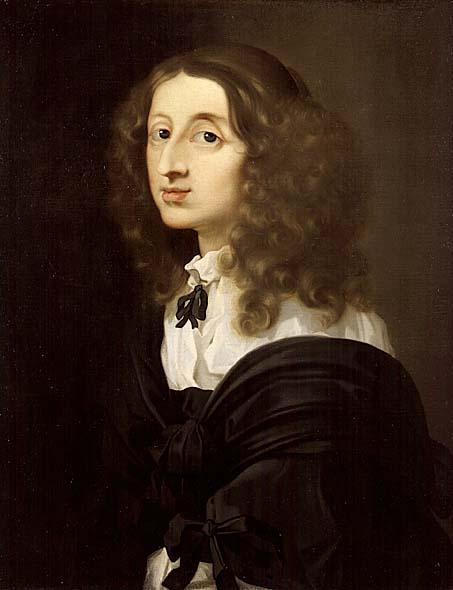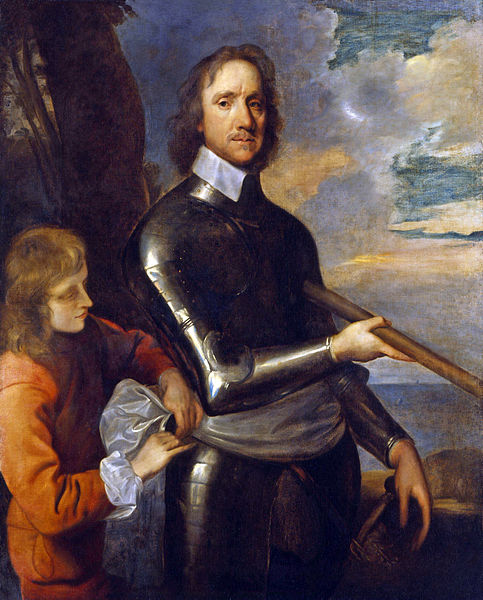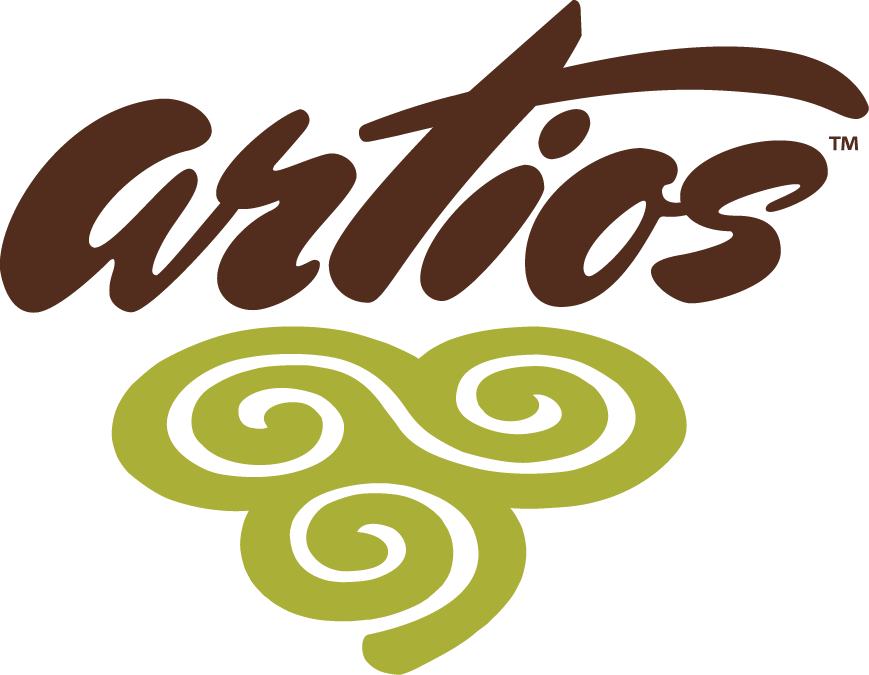[precontent]
[one_third]
Unit 5: The Religious Wars
[/one_third]
[two_third_last]

[/two_third_last]
[/precontent]
[three_fourth]
[box]
[box_header]
Unit 5 [flag bg_color=”#d6e3bc” text_color=”#9d241a”]Middle School[/flag]
[/box_header]
[box_content]
Unit Overview
- Subjects Covered
- Grammar, Literature, Composition, History
- Time Period
- Reformation and Revolutions
- Grade Level
- Middle School: 6 – 8
- Civilization
- French, Swiss, German, English
- Literature
- The Pilgrim’s Progress – by John Bunyan
[/box_content]
[box_content]
 Unit Description
Unit Description
“In 1618 there broke out in Germany the last great religious contest. From the length of time that it lasted it is known as the Thirty Years’ War. In the beginning it was a war within the Empire, growing out of religious and political conflicts in Germany. As it progressed, Spain took an active part in it, Sweden at one time played the chief role, and France became a principal actor. Ultimately all the powers of Western Europe were more or less involved. Its causes were (1) the opportunities for dispute between Catholics and Protestants left by the religious peace of Augsburg and (2) the increased strength of Catholicism due to the progress of the Counter Reformation…”
Charles Horne
“While Wallenstein on the one side and Gustavus Adolphus on the other were fighting the battles of the “Thirty Years’ War” in Germany, a similar religious war was going on in France. Louis XIII and his famous prime minister, Richelieu, were fighting with the Huguenots, or Protestants of France. Louis sat on the throne, but the real ruler of France was Cardinal Richelieu…” John Haaren
“Gustavus and his brave band of Swedes…inspired half a continent with hope and courage. His splendid victories also did much to crush the tyrannical power of Germany, and the good which this great man accomplished has had much to do with the spreading of religious liberty over Europe…” John Haaren
[/box_content]
[box_content]
Leading Ideas and Biblical Principles
[list type=”arrow”]
- History is HIS Story – God’s story of love, mercy, and redemption through Christ.
- He made known to us the mystery of his will according to his good pleasure, which he purposed in Christ, to be put into effect when the times reach their fulfillment—to bring unity to all things in heaven and on earth under Christ. — Ephesians 1:9-10
- God’s providential hand governs and times all events and provides for His Creation according to His plan and purposes.
- The God who made the world and everything in it is the Lord of heaven and earth and does not live in temples built by human hands. And he is not served by human hands, as if he needed anything. Rather, he himself gives everyone life and breath and everything else. From one man he made all the nations, that they should inhabit the whole earth; and he marked out their appointed times in history and the boundaries of their lands. God did this so that they would seek him and perhaps reach out for him and find him, though he is not far from any one of us.- Acts 17: 24 – 27
- Godly leadership and servanthood are necessary for one to be a true reforming influence.
- Whoever wants to become great among you must be your servant, and whoever wants to be first must be your slave—just as the Son of Man did not come to be served, but to serve, and to give his life as a ransom for many..- Matthew 20:26 – 28
- God raises up and removes leaders.
- He changes times and seasons; he deposes kings and raises up others. He gives wisdom to the wise and knowledge to the discerning..- Daniel 2:21
[/list]
[/box_content]
[/box]
[box]
[box_header]
Unit 5 Resources: [flag bg_color=”#d6e3bc” text_color=”#9d241a”]Middle School[/flag]
[/box_header]
[box_content]
[button id=”1″ link=”https://www.artioshcs.com/wp-content/uploads/2013/08/Early-Mod-Unit-5-MS-The-Religious-Wars-WWW.pdf” linking=”new-window” size=”medium” type=”simple” title=”unit”]Download Unit[/button]
[button id=”1″ class=”1″ link=”http://upload.wikimedia.org/wikipedia/commons/thumb/3/38/Viajes_de_colon_en.svg/800px-Viajes_de_colon_en.svg.png” linking=”new-window” size=”medium” type=”simple” title=”maps”]Download Maps[/button]
[button id=”1″ link=”http://www.phschool.com/atschool/ahon/history_interactive/mvl-1021/common_player.html” linking=”new-window” size=”medium” type=”simple” title=”maps”]Interactive Map[/button]
[tabs type=”simple” position=”top-left”]
[tab_title]Lesson 1: History[/tab_title]
[tab_content]
Lesson One Assignments:
- Review the discussion questions and vocabulary, then read the article: The Thirty Years War, pages 10 – 12.
- Narrate about today’s reading using the appropriate notebook page. Be sure to answer the discussion questions and include key people, events, and dates within the narration.
- Define the vocabulary words in the context of the reading and put the word and its definition in the vocabulary section of your history notebook.
- Be sure to visit www.ArtiosHCS.com for additional resources.
Lesson One Discussion Questions:
- What were the causes of the Thirty Years’ War?
- In the treaty known as the Peace of Westphalia, signed in 1648, what provisions were included to bring about peace?
- What was the importance of the Peace of Westphalia?
[/tab_content]
[tab_title]Lesson 2: History[/tab_title]
[tab_content]
Lesson Two Assignments:
- Review the discussion questions, then read the article: Cardinal Richelieu, pages 14 – 16.
- Narrate about today’s reading using the appropriate notebook page. Be sure to answer the discussion questions and include key people, events, and dates within the narration.
- Be sure to visit www.ArtiosHCS.com for additional resources.
Lesson Two Discussion Questions:
- How did Cardinal Richelieu come to power in France?
- What was the nickname for Henry of Navarre?
- Do some additional research on the Edict of Nantes and be prepared to share your findings.
- Describe the growth of the French navy during the reign of Louis XIII.
- What country was once called the Company of New France?
[/tab_content]
[tab_title]Lesson 3: History[/tab_title]
[tab_content]
Lesson Three Assignments:
- Review the vocabulary, then read the article: Gustavus Adolphus, pages 18 – 20.
- Narrate about today’s reading using the appropriate notebook page. Be sure to include key people, events, and dates within the narration.
- Define the vocabulary words in the context of the reading and put the word and its definition in the vocabulary section of your history notebook.
- Write a biographical report on Gustavus Adolphus based on today’s reading. Your teacher will give you guidelines for the length of your report. Be prepared to share your report with others.
- Be sure to visit www.ArtiosHCS.com for additional resources.
[/tab_content]
[tab_title]Literature[/tab_title]
[tab_content]
Unit 5 Literature Assignments
- Read the assignment background information on Bunyan’s Style.
- If you have not completed the reading assignment from Unit 4, do so.
- Using the answers in your reading journal and the outline you made in Unit 4, write a rough draft of your essay. You may choose to include information and quotes from the lectures from Ian Johnson. If so, be sure to cite your sources correctly. Visit this site to learn about in-text citations http://owl.english.purdue.edu/owl/resource/747/2/
Find information on analysis essays here: http://www.roanestate.edu/owl/WritingLitAnalysis1.html
Unit 5 Grammar Assignments
-
- Read the notes on Adverbs, beginning on page 3.
Download and complete the Adverbs Exercises by clicking here.
[/tabs]
[/box_content]
[/box]
[box]
[box_content]
[box_header]
Unit 5 Extra Resources: [flag bg_color=”#d6e3bc” text_color=”#9d241a”]Middle School[/flag]
[/box_header]
[tabs type=”simple” position=”top-left”]
[tab_title]Resources[/tab_title]
[tab_content]
VIDEOS ON THIS WEBSITE SHOULD BE PREVIEWED BY PARENTS BEFORE ALLOWING STUDENTS TO WATCH VIDEOS. SOME VIDEOS MAY CONTAIN INFORMATION ON SENSITIVE TOPICS.
Additional Maps:
Complimentary Sources:
- Timeline of the English Civil War
- Detailed Timeline of the 30 Years War
- Flow Chart: The 30 Years War
- Summary of the 30 Years War
- The Edict of Nantes, 1589
[/tab_content]
[tab_title]Arts[/tab_title]
[tab_content]
Art:
Timeline of Western Art Movements
Music:
Some Composers:
[/tab_content]
[/tabs]
[/box_content]
[/box]

Leave a Reply
Want to join the discussion?Feel free to contribute!